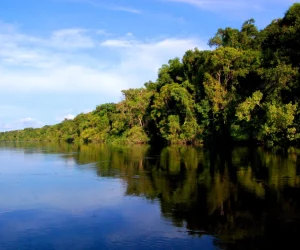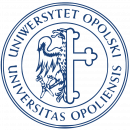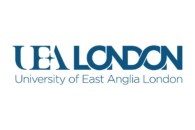Publications > Article
Meta-analysis of carbon stocks and biodiversity outcomes across Brazilian restored biomes
When the goal is ecosystem restoration, indicators of restoration success usually include metrics that cover three ecological outcomes: structure, biodiversity, and ecological processes.The recovery of these three ecosystem components is also associated with ecosystem services such as soil protection against erosion, biodiversity conservation and carbon sequestration, and therefore are highly relevant for ecosystem restoration programs.
Ecosystem services provided by restoration as well as the major ecological components associated with ecosystem recovery vary with ecosystem type. Forest restoration and tree planting schemes offer significant potential for carbon sequestration and storage in aboveground biomass, while grasslands restoration has a great potential of storing carbon in the soil and belowground biomass. Therefore, understanding how different ecological components can be restored by distinct restoration strategies in different biomes is of outmost importance in order to improve restoration effectiveness. We conducted a meta-analysis to quantify ecosystem restoration success across the six Brazilian biomes. Specifically, we aimed to answer three research questions:
- how successful are different restoration strategies in restoring biodiversity, abundances and carbon stocks across biomes?;
- how restoration success varies between different ecosystem components (plant, animals and soil components)?;
- which factors influence the restoration of abundance, diversity and carbon across biomes?
This synthesis study will help advance on the understanding of how hard is the restoration of different ecosystem components across biomes, and provide directions for increasing the effectiveness of ecosystem restoration in multiple biomes.













